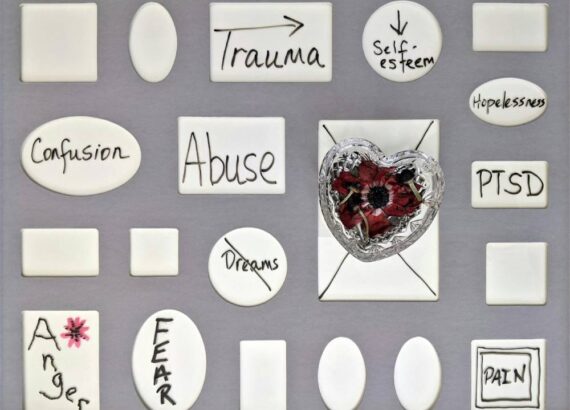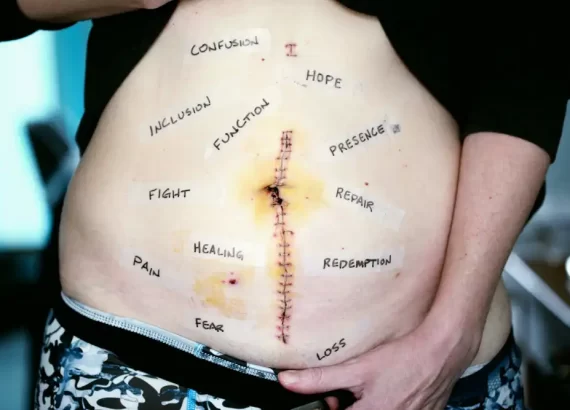Seven Ways to Increase Your Self-Esteem

Why do we need to increase self-esteem?
Self-esteem is the amount of value and worth we place on ourselves, how much we appreciate and like ourselves.
Negative life experiences such as trauma and substance abuse can lead to low self-esteem. It can stay low due to our negative self-talk and/or being around negative/abusive people. It can affect our thoughts, emotions, and behaviors.
I have had clients say that “I can never amount to anything.” “It is always my fault.” “I can not even look at myself in the mirror long enough to put on makeup.” “I’m not good enough.”
They get depressed. Hopelessness may set in. They get anxious and frustrated. It can be very painful. I have had clients who
- can’t say no to others
- are people-pleasers
- avoid people and situations
- give up before even trying
- self-sabotage
- allow themselves to be used and abused
Therefore, a healthy level of self-esteem is widely considered to be an important part of mental well-being. It can help you
- have a more positive emotional experience
- function more effectively in different situations and relationships
- and better able to accomplish your goals and realize your potential
How do we increase self-esteem?
Sometimes clients ask me: “what can I do? I don’t know where to start.” They are confused and overwhelmed. Going from “I hate myself” to “I love myself” will definitely take time and work. But here are seven ways to increase your self-esteem. You can simply start with one and build from there.
1. Use mindfulness to become more aware of your negative thoughts and beliefs.
Once you are more aware, you can choose to change them. Negative judgments need to be discarded. Mindfulness also helps us work towards accepting our imperfections. When there is criticism or perceived criticism, you can be triggered to have a lot of negative thoughts running through your head. They are just thoughts. Write them down to see whether they are based on reality. If not, replace them with something that is more realistic and accurate. Everybody has limitations and weaknesses. We can work on accepting ourselves as who we are. We can even come to love our imperfections.
2. Identify your strengths and competencies, and develop them.
Albert Einstein said, “Everybody is a genius. But if you judge a fish by its ability to climb a tree, it will live its whole life believing that it is stupid.” We all have our unique strengths and capabilities. I might be good at arts and crafts but terrible at budgeting. She might be good at playing tennis but not so good at swimming.
“I Ching” says “The struggle with evil must not be carried on directly by force. If we do it the favor of fighting against it blow by blow, we lose in the end because thus we ourselves get entangled in hatred. For the same reason we should not combat our own faults directly. As long as we wrestle with them, they continue victorious. The best way to fight evil is to make energetic progress in the good.”
3. Be kind and compassionate to yourself.
Use positive affirmations and self-esteem/positivity journal to remind yourself and encourage yourself daily. Basically, use kind and compassionate language with yourself. Some people are their own worst critics and find it difficult to change. One way is to talk to yourself as if you were talking to your child or closest friend. What would you say to them if they are feeling down or made a mistake or failed at something? Then do the same thing to yourself.
4. Take care of yourself with healthier eating and exercise.
Doing things to take care of you sends your brain the message that you matter, you are worthwhile to be taken good care of. Initially you may feel guilty or uncomfortable. However, it will dissipate as you keep doing it and experience the rewards of good self-care. Because you will feel better, be more confident, and be in a better position to deal with life’s challenges.
5. Avoid comparing yourself to others.
We all have the natural tendency to the comparison game. Sometimes we win but most of the time we lose, because
- there is always someone doing something better than us
- usually we are comparing our limitations with others’ strengths
- or we only see a tiny slice of others’ lives but we see all of our good and bad.
Therefore, you can save yourself the unnecessary stress and negativity by staying away from the comparison trap.
And even if we win, it might not be helpful either. In her book “Rising Strong,” Brene Brown mentioned:
Most of us buy into the myth that it’s a long fall from “I’m better than you” to “I’m not good enough” – but the truth is that these are two sides of the same coin. Both are attacks on our worthiness. We don’t compare when we’re feeling good about ourselves; we look for what’s good in others. When we practice self-compassion, we are compassionate towards others. Self-righteousness is just the armor of self-loathing.
Rising Strong: How the Ability to Reset Transforms the Way We Live, Love, Parent, and Lead by Brené Brown | Apr 4, 2017
6. Focus on your efforts and the hard work you put into something because that is the only thing you have control over.
Sometimes people base their self-worth on wealth, popularity, accomplishments or other people’s approval. It is unreliable and can even be dangerous. Because if things are going well, they feel great. But if not, they are down in the dumps. Sometimes people lose sight of what is really important to them in pursuit of external things. As a result, it can lead to low self-esteem and low level of satisfaction with life.
Your value does not need to depend on those external things. Because life will throw a curve ball at you. And there are people who will not like you. Your self-esteem can still stay healthy despite those unfavorable circumstances. It will also help you get through tough times.
7. Get outside of yourself and help others.
Sometimes people get too much into their heads, focusing on the negativity and the perception of how they are never good enough. It might be helpful to get outside of yourself to focus on contributing to a cause you value or helping others. It is a healthy distraction and you will likely feel good about doing it.
Most importantly, take action and be consistent. Your hard work will pay off.




